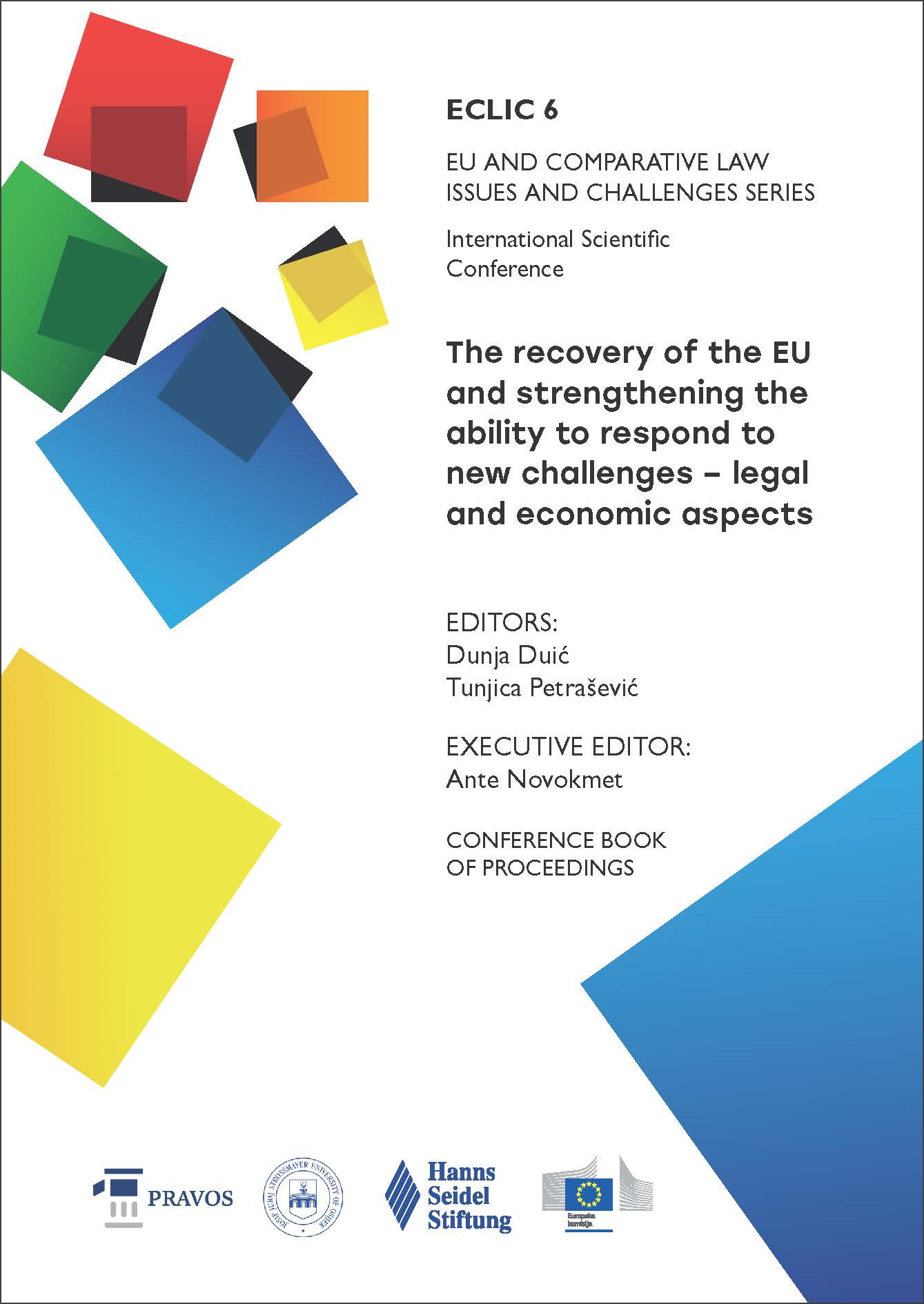HUNGARY AND THE LUXEMBOURG COURT
THE CJEU’S ROLE IN THE RULE OF LAW BATTLEFIELD
DOI:
https://doi.org/10.25234/eclic/22413Abstract
After the introduction of the then Article F.1 TEU by the Amsterdam Treaty, later supplemented by the Nice Treaty, Hungary has earned the dubious reputation to be the first Member State against which an Article 7 TEU procedure has been triggered. While the predominantly political process is apparently stalled for the time being, the Court had to deal with various aspects of the deteriorating rule of law situation. Although forming part of an undeniably fragmented approach, the Court’s judgments nevertheless clearly attest the retrogressive developments in Hungary since 2010. The analysis of the Court’s jurisprudence is based on the qualitative measurement of the rule of law indicators drawn up by the Venice Commission of the Council of Europe. The identification of the cases pertinent to our investigation presents a challenge by itself as there is no label attached to a case dossier titled “rule of law”. In addition, several relevant cases deal with issues which prima facie do not have a bearing on this topic. Thus, e.g. the case relating to the radical lowering of the retirement age for Hungarian judges apparently revolves around age discrimination in the workplace while in fact these measures were politically motivated and had an adverse effect on judicial independence. The subject-matter of the cases identified so far range from the independence of the judiciary and regulatory bodies to the functioning of NGOs and higher education institutions; from the criminalisation of assistance for asylum seekers to the judicial challenge of the conditionality regulation. Most cases are infringement proceedings initiated by the European Commission but the Court was also turned upon through preliminary reference or actions for annulment. By analysing the submissions of the parties, the opinions of the Advocate General as well as the Court’s assessment thereof, the paper aims to evaluate the role of the Court: its potential and the limitations. While not denying the Court’s contribution to the provision of consistent responses against the systemic threats against EU values, there are various institutional and procedural constraints hampering the Court’s ability to secure compliance in the subject area.
Downloads
Published
How to Cite
Issue
Section
License
Copyright (c) 2022 Adrienne Komanovics

This work is licensed under a Creative Commons Attribution-NonCommercial 4.0 International License.
Authors retain the copyright on the papers published in the Journal, but grant the right of first publication to the Journal. Papers accepted for publication or already published in ECLIC of the Faculty of Law in Osijek may be published by the author(s) in other publications only with proper notice of its previous publication in ECLIC.


